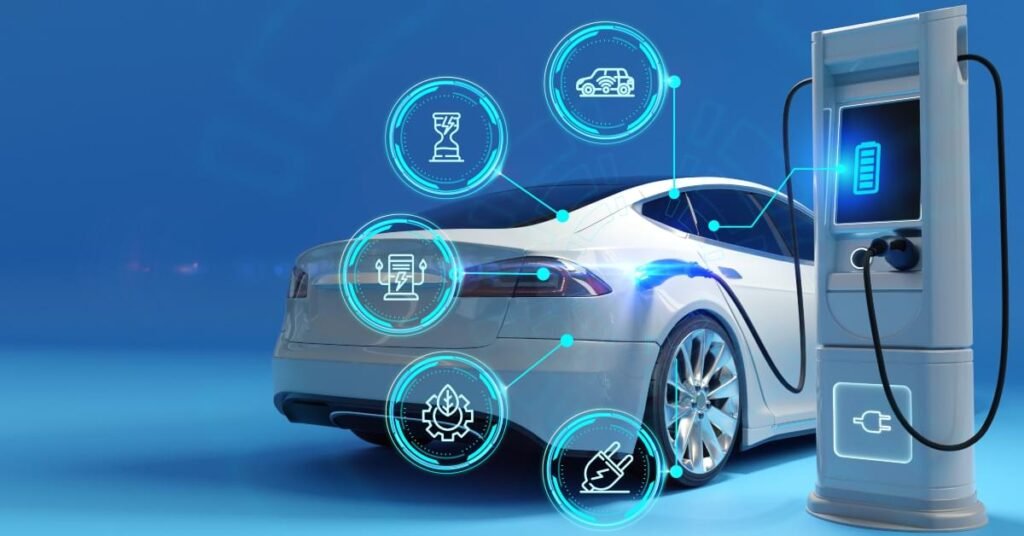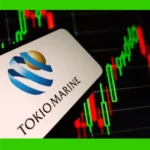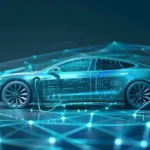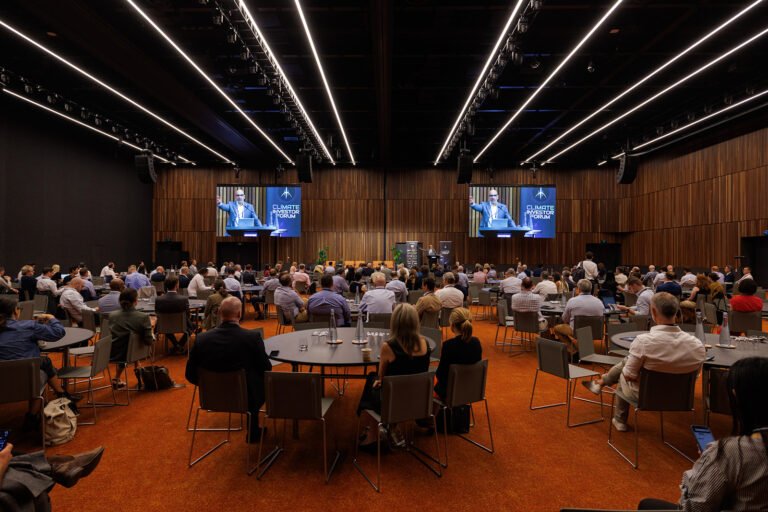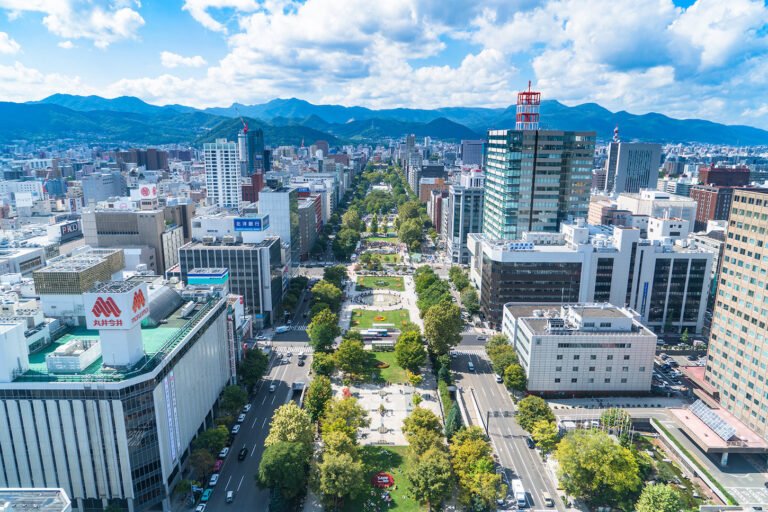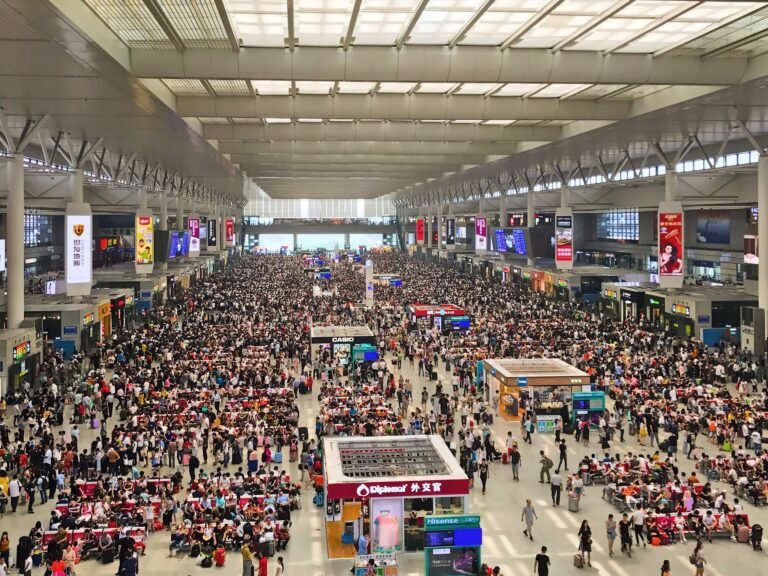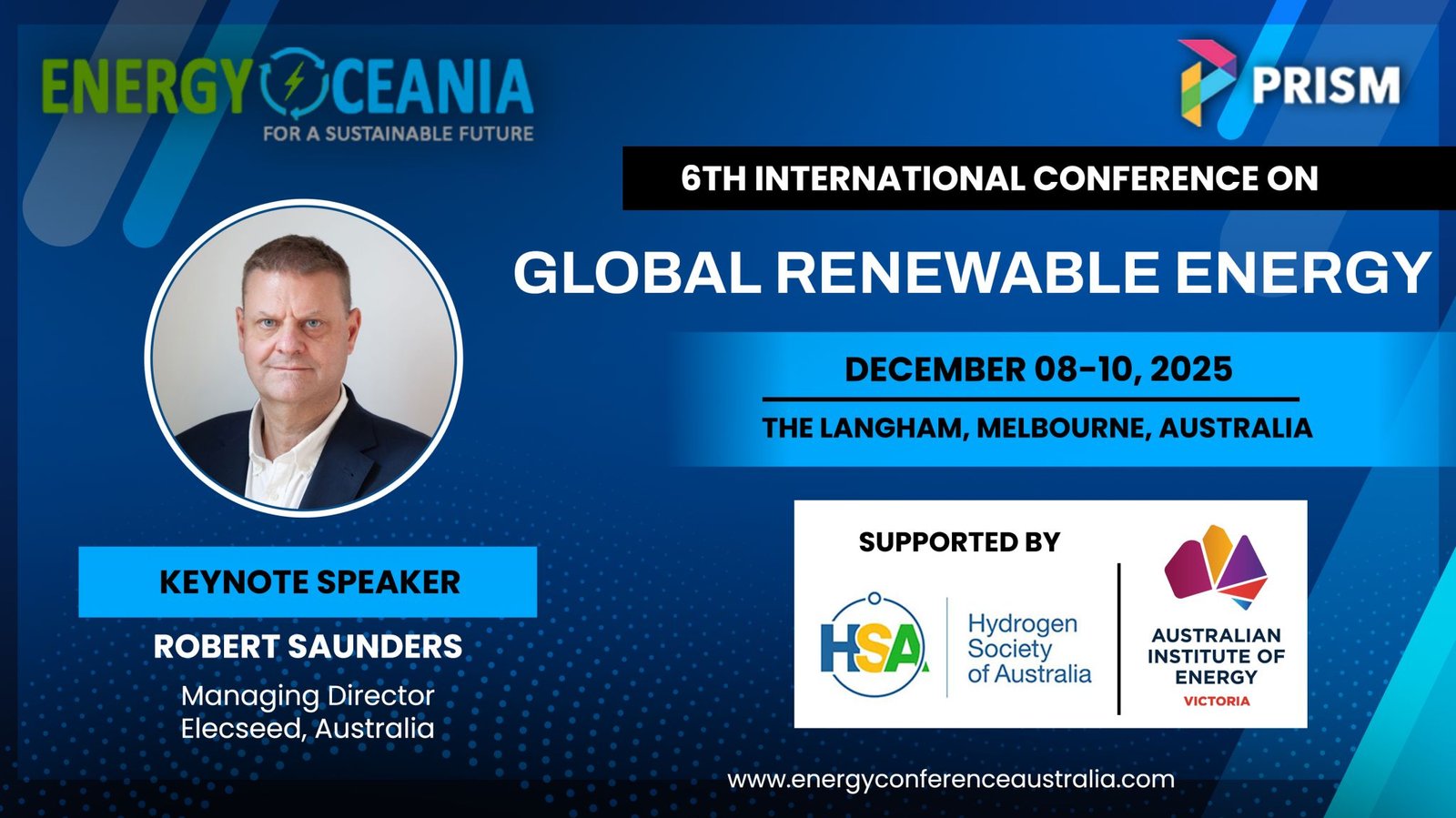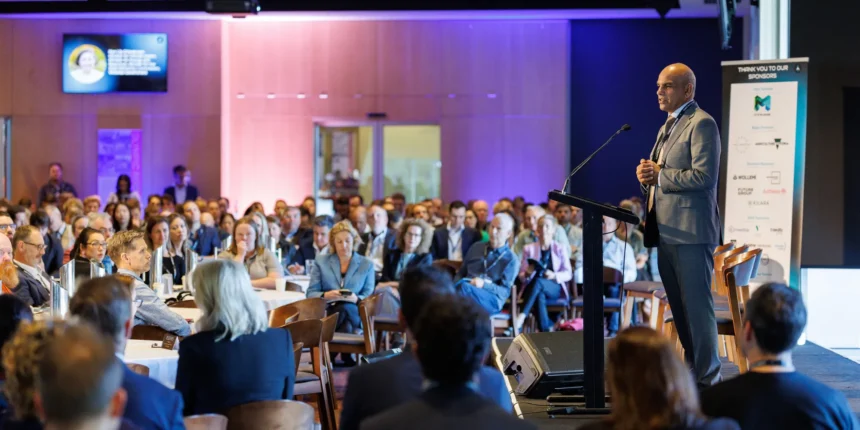In an age promoting circularity, repurposing, and hitting back on built-in-obsolescence in product design – EV batteries are in a class of their own of significant environmental and economic concern.
As EV Car sales with competitive offerings heat up on the global market, China leads with the cheapest EV cars being manufactured. While this price-decrease on the surface is great for decarbonisation, EV cars luxury concept today, is fast becoming obsolete junk tomorrow, with no clear policy path with global collaboration for recycling, refurbishment, and reuse. China in effect controls the world’s battery supply market with coveted critical mineral supply, hi-tech robotic automation technology to build them, driven by a long-term vision and co-ordination of global competitive domination.
EV Batteries have an optimum life span of 5-8 years but could be reused in grid storage for years after their automotive life.
Governments, automakers, and tech innovators must act swiftly to prevent EVs from becoming an environmental liability. Innovation in recycling, refurbishment, and reuse is critical.
Over the last year, the price for lithium iron phosphate, or LFP, battery cells in China has dropped 51% to an average of $53 per kilowatt-hour. The average global price of these batteries last year was $95/kWh. (Bloomberg)
In China, the Provisional Measures on the Recycling and Repurposing of EV Power Storage Batteries stipulates that EV manufacturers bear the primary responsibility for recycling old batteries and should establish a network of recycling service centres, based on their sales network, that can collect them. Stored batteries can then be transferred to recycling business with whom they have agreed partnerships.
Battery Passports
The battery passport creates a digital record that mirrors the physical battery’s lifecycle, capturing data on material sourcing, manufacturing history, and sustainability metrics. offer researchers access to standardized, traceable data across the battery lifecycle. This supports work on recyclability, lifecycle assessment, and ethical sourcing of materials. The structured data environment created by battery passports enables faster validation of new technologies and materials. For example, researchers could use battery passport data to study how different chemistries degrade under real-world use, model cradle-to-grave CO2 emissions, or assess the impact of material sourcing choices on lifecycle sustainability.
Australia and the Asia region are driving Circular Economy and Battery Lifecycle Innovation
The Asia-Pacific EV battery reuse and recycling market is projected to reach USD 42.3 billion by 2030, driven by growing EV adoption and environmental concerns. In China, 80% of EV batteries must be recycled by 2 weight % by 2030. (Bonofideresearch).
Core Issues
Battery Degradation: EV batteries typically last 8–10 years, but many lose significant range after just 5 years, making resale challenging. Replacement costs often exceed the car’s value.
Premature Scrapping: In China, tens of thousands of first-gen EVs have been junked due to limited second-hand demand and poor battery health.
Environmental Concerns: EV batteries contain lithium, cobalt, and nickel, posing recycling challenges. Countries like Australia lack large-scale recycling infrastructure.
Potential Solutions
🔧 Battery Second Life Markets: Repurposing old batteries for solar storage is promising but not yet widely scaled.
🔧 Extended Producer Responsibility (EPR): Governments may force EV manufacturers to handle battery disposal.
🔧 Lifecycle Redesign: New EV models focus on modular, easier-to-replace
AUSTRALIA Innovations
Infinitev’s Battery Remanufacturing Program. Melbourne-based Infinitev, a subsidiary of Amotiv Limited, has launched a comprehensive EV battery remanufacturing program. Following a two-year pilot funded by Sustainability Victoria. Read more+
Envirostream and Infinitev Recycling Partnership. Envirostream Australia, a subsidiary of Lithium Australia, has entered into an exclusive recycling agreement with Infinitev to enhance the EV battery circular economy. Read more+
Government-Funded Circular Economy Initiatives. The Victorian government, through the Circular Economy Business Support Fund, is backing projects like that of Innovative Mechatronics Group (IMG). IMG is developing Australia’s first scalable reuse and recycling program for retired lithium-ion EV batteries. Read more+
Iondrive’s Eco-Friendly Recycling Technology. Iondrive, supported by the University of Adelaide, is pioneering a new lithium-ion battery recycling process using benign organic solvents, significantly reducing environmental impact. Read more+
Asia: Scaling Battery Reuse and Recycling
TAIWAN is making strides in EV battery recycling, with companies investing in innovative solutions to process lithium-ion batteries more efficiently.
- RecycLiCo & Zenith have partnered to build Taiwan’s first commercial lithium-ion battery recycling plant, capable of recycling 2,000 metric tons per year. The facility will produce cathode active material, lithium hydroxide monohydrate, and lithium carbonate.
- UWin Resource Regeneration is launching a 1,500-square-meter facility in Taoyuan to process 60% of Taiwan’s EV battery waste, reducing reliance on exports.
- Taiwan’s Ministry of Environment is supporting the establishment of two new recycling plants, aiming to boost capacity to 9,000 tonnes by 2030.
SOUTH KOREA Poen’s Battery Refurbishment. South Korean startup Poen, founded by former Hyundai engineers, refurbishes used EV battery packs, primarily NCM lithium-ion types. Approximately 80% of received batteries are remanufactured for resale at about one-third the cost of new batteries. The company is expanding internationally, with new facilities planned in Germany and the U.S. .ft.com
ASEAN’s Regulatory Framework for Battery Reuse. In Southeast Asia, countries like Indonesia are establishing regulatory frameworks for EV battery reuse and recycling. Indonesia’s regulations mandate that battery waste from electric vehicles be managed through recycling and/or waste management by licensed institutions .southeastasiainfra.com
SINGAPORE Oyika’s Battery Swapping Infrastructure. Singapore-based Oyika is expanding its Battery-as-a-Service (BaaS) model across Southeast Asia, including Indonesia and Cambodia. The company provides battery swapping stations for electric motorbikes, promoting sustainable urban mobility and reducing air pollution .en.wikipedia.org

